Morocco
France has insisted that Morocco’s reluctance to accept its help in the wake of Friday's devastating earthquake is not a snub, even though it comes at a time of growing tensions between Rabat and the former colonial power.
Sylvie Brunel, geographer and former president of the humanitarian organisation, Action Against Hunger, said that there was also perhaps an element of pride on the part of the Moroccans, who do not want to be seen as “the poor battered country” France has come to help.
And, she said, one also needs to see the situation from another perspective.
“If we had a disaster on our territory today, or when the United States had 9/11, no one enters the territory of a sovereign country. And the principle of international public law is non-interference in internal affairs,” said Brunel.
“So of course this is a political decision. There is geopolitics of humanitarian aid, in the same way as there is pure geopolitics. And humanitarian aid is a power like any other."
She says all major disasters have systematically been the starting point for a reorganisation of political relations and agendas, and the earthquake in Morocco is no exception to the rule.
"This earthquake marks a turning point, a shift in international relations where Morocco, which aspires to the status of a regional power, intends remaining master of its own agenda and not depend on French assistance. We really need to see this as an historic moment that marks the emergence of the South."




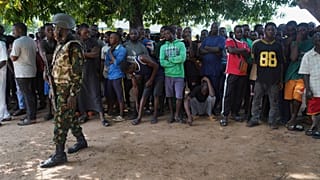
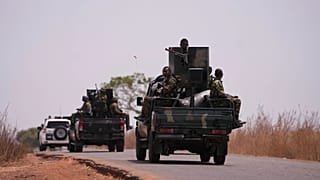
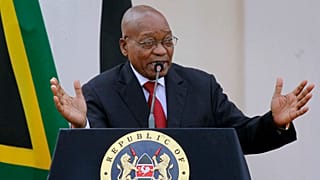
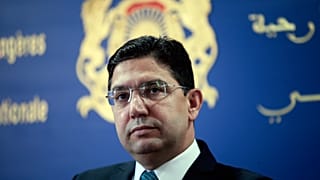

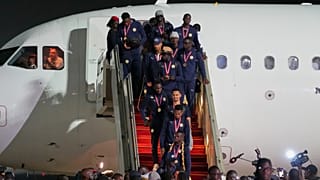
02:20
French-Nigerian artists team up to craft future hits
Go to video
France intercepts suspected 'shadow fleet' tanker from Russia
01:11
Algerian senate urges review of law declaring French colonisation a crime
01:00
Morocco's Prime Minister holds talks with U.S. delegation
01:00
Farmers leave Paris but tensions rise in Toulouse over EU-Mercosur trade deal
00:57
Somalia cancels all agreements with United Arab Emirates